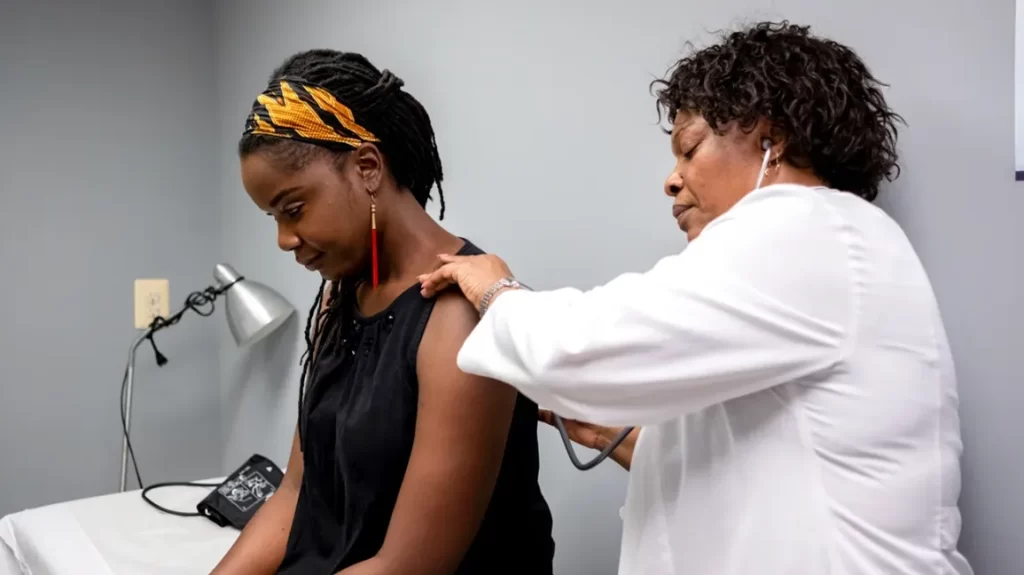Primary care physicians are the cornerstone of healthcare, entrusted with the crucial task of providing continuous, comprehensive, and personalized medical care. In their noble pursuit of healing, these healthcare professionals often adhere to a creed centered around cultivating long-term relationships with their patients.
Advocacy for Wellness: Primary care physicians understand that a focus on prevention is as vital as treatment. They promote wellness through regular check-ups, vaccinations, and lifestyle recommendations, aiming to keep their patients healthy and minimize the need for extensive medical interventions.

Consistent Care: Building trust through consistent care is a fundamental principle. By offering a familiar face and reliable guidance, primary care physicians create an environment where patients feel safe to discuss their concerns and are more likely to adhere to recommended treatments and screenings.
Holistic Approach: Primary care is not just about treating symptoms; it is about understanding patients’ unique needs, contexts, and preferences. This holistic approach means addressing physical, mental, and emotional health, allowing patients to feel heard and understood.
Chronic Disease Management: For many patients, especially those with chronic conditions, primary care physicians play a pivotal role in managing their ongoing health needs. This ongoing relationship allows for personalized care plans and timely adjustments as necessary.
Preventive Education: Educating patients about the importance of preventative measures and health maintenance is a vital part of the creed. From discussions about healthy eating to the risks of tobacco use, primary care physicians empower their patients with knowledge to make informed decisions.
Accessibility and Communication: Establishing open lines of communication are essential. Primary care physicians are often available for questions, guidance, or urgent concerns, enhancing the bond between patient and physician. They encourage patients to communicate openly and honestly about their health.
Coordination of Care: As a patient’s healthcare advocate, primary care physicians often coordinate care with specialists and other healthcare providers. They ensure that the care plan remains consistent and coherent, avoiding potential gaps or duplications in treatment.
Family-Centered Care: Many primary care physicians provide care for multiple generations of a family, further cementing the importance of their role. By offering continuity in care, they develop a deep understanding of family dynamics and health histories.
Emotional Support: Patients often face emotional challenges related to their health. Primary care physicians offer a shoulder to lean on, providing empathy, compassion, and a source of emotional support during difficult times.
Community Building: Beyond individual patient relationships, here primary care physicians contribute to building healthier communities. By actively participating in public health initiatives, education, and advocating for better healthcare practices, they strive to improve the well-being of the entire community.
The primary care physician’s creed is a testament to the enduring relationships they cultivate. These bonds are not just about medical treatment; they extend to providing comfort, reassurance, and a sense of security to patients.



